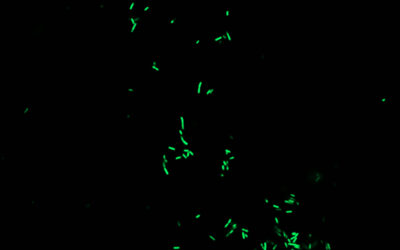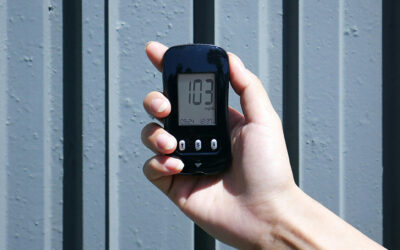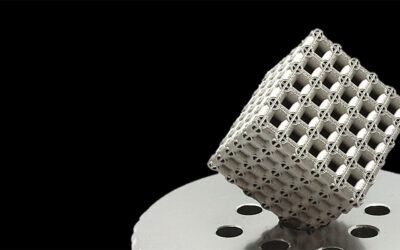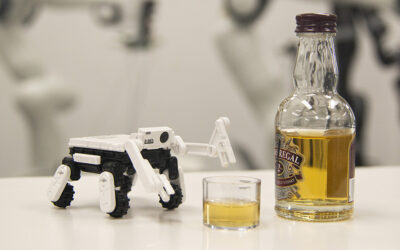University of Wollogong researchers from the ARC Centre of Excellence for Electromaterials Science (ACES) and the School of Chemistry in Australia have printed materials which can actuate and strain gauge.
The research was selected as a cover in the recent Advanced Functional Materials (issue 22).
In their paper, ACES Chief Investigator Associate Professor Marc in het Panhuis and nanotechnology honours graduate Geoffrey Pidcock showed that gellan gum, a well-known food additive provides the optimum conditions for the printing of carbon nanotubes (CNT), a material at the forefront of developments in bio- and nanotechnology.
The research demonstrated that the printing process offers great flexibility over the geometry and application of the gauge and actuating material to soft substrates such as textile and gels.
Professor in het Panhuis said: “Actuators are all around us—just think of the muscles in our body which are the best known example of actuators which we use to run, catch a wave or kick a ball.”
Professor in het Panhuis said that the use of gellan gum opens up possibilities for the printing of wet strain gauges and actuators for applications in soft robotics.
“Monitoring actuator motion in robotics and rehabilitation applications requires ‘soft’ strain gauges rather than the currently used ’hard’ metal or silicon strain gauges. Our work is an important developmental step towards the realisation of these concepts,” he said.
Source: University of Wollongong
















